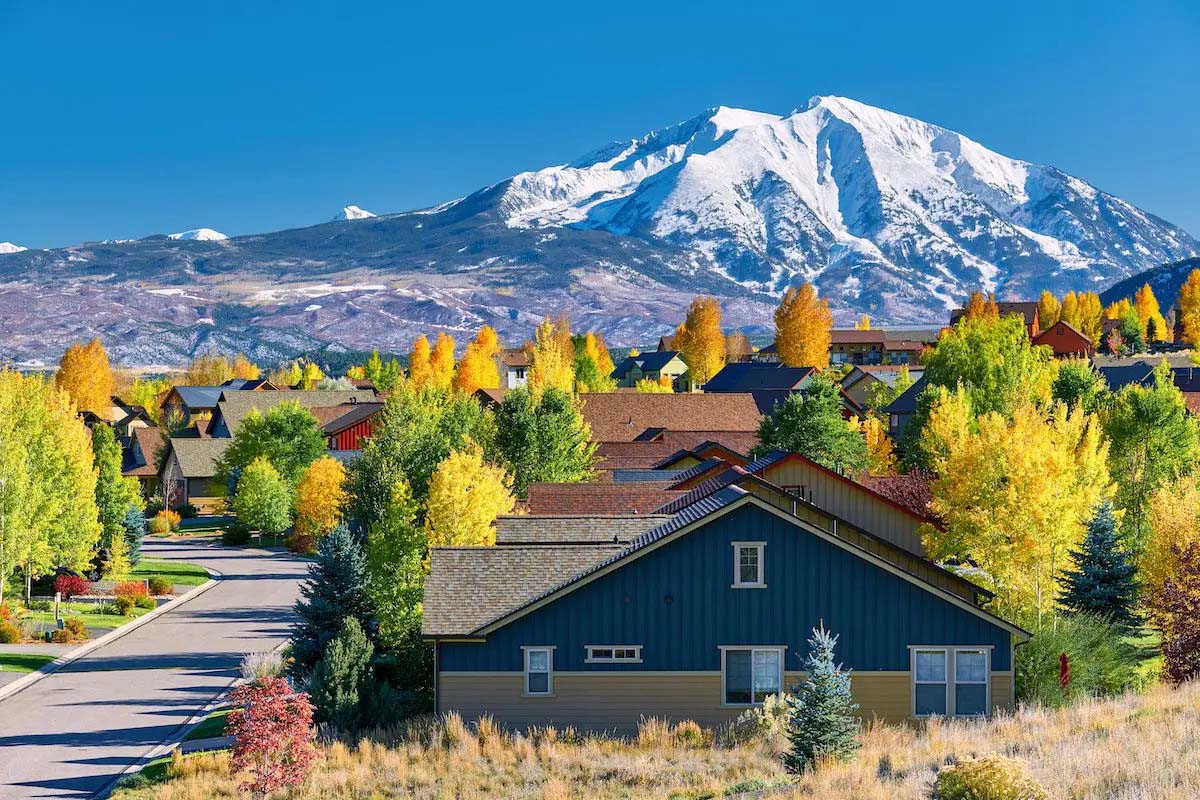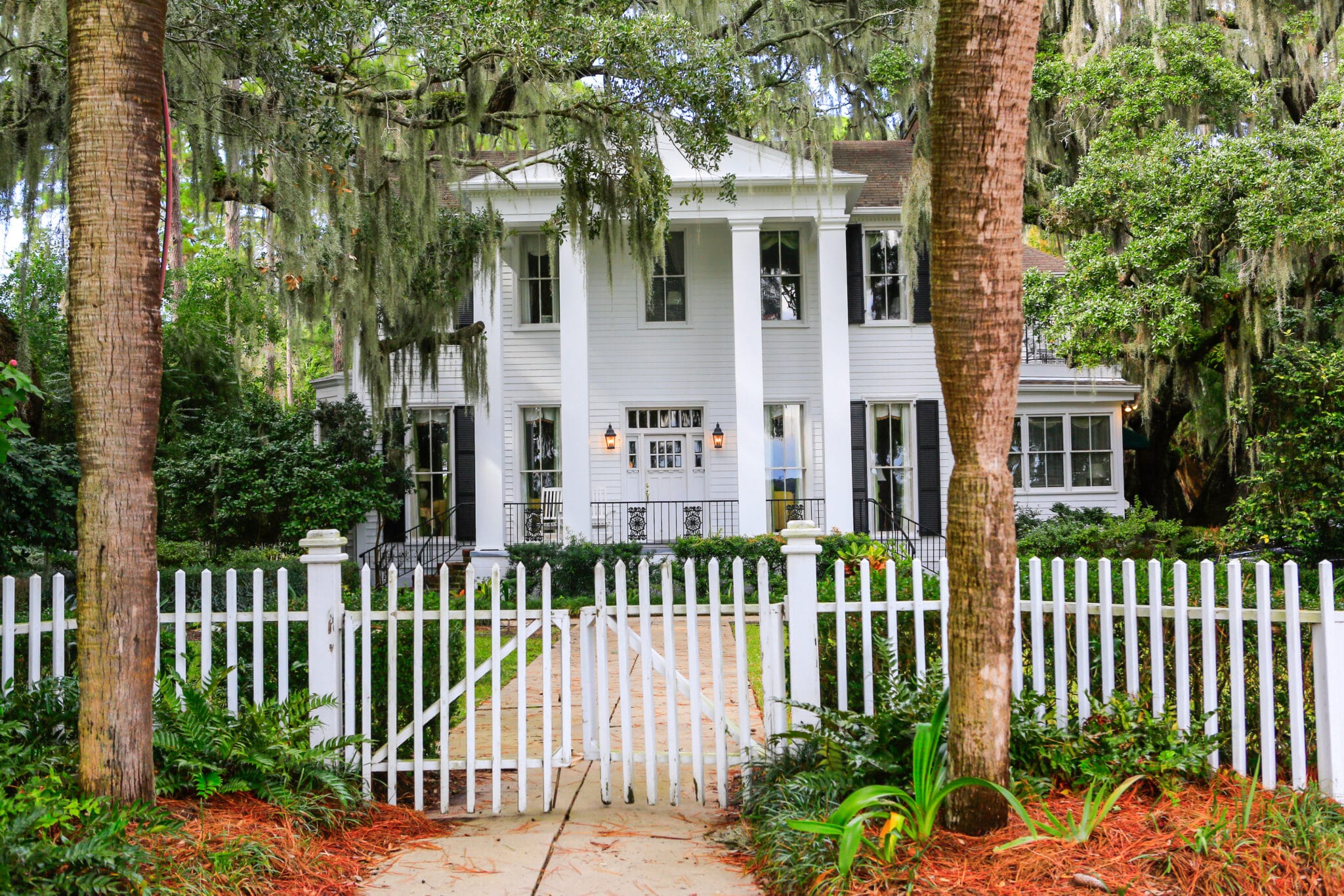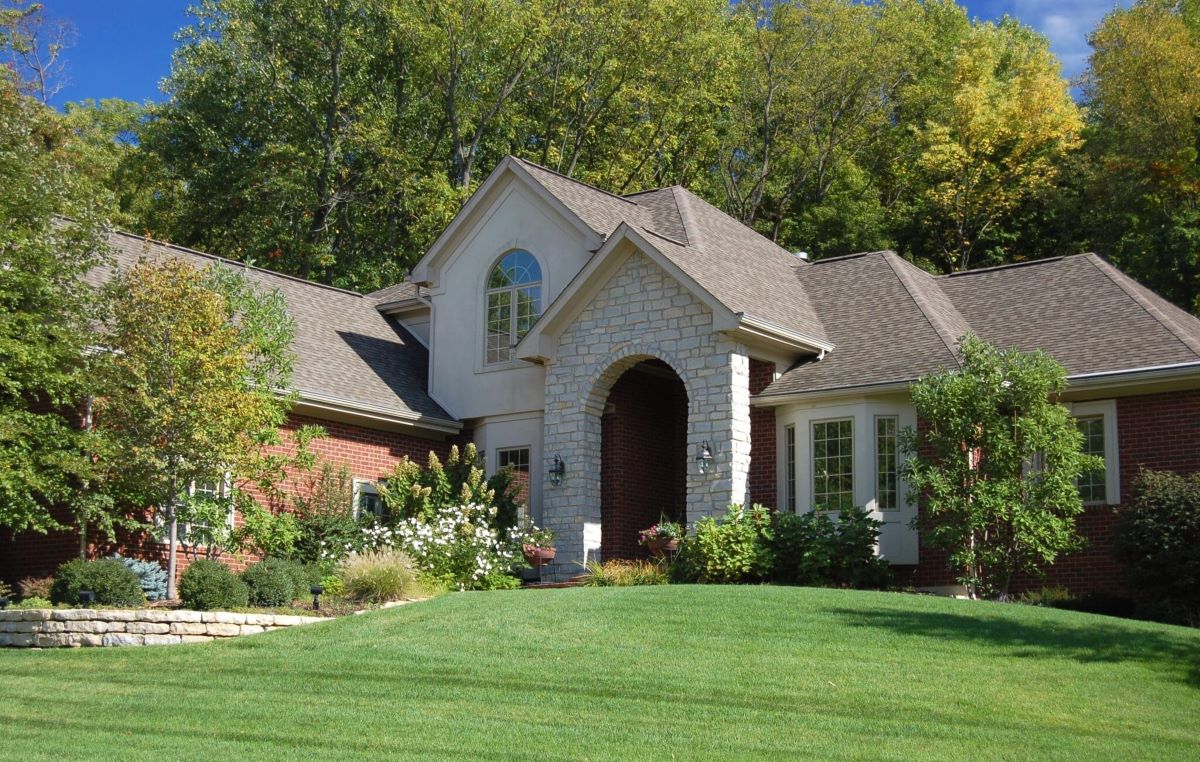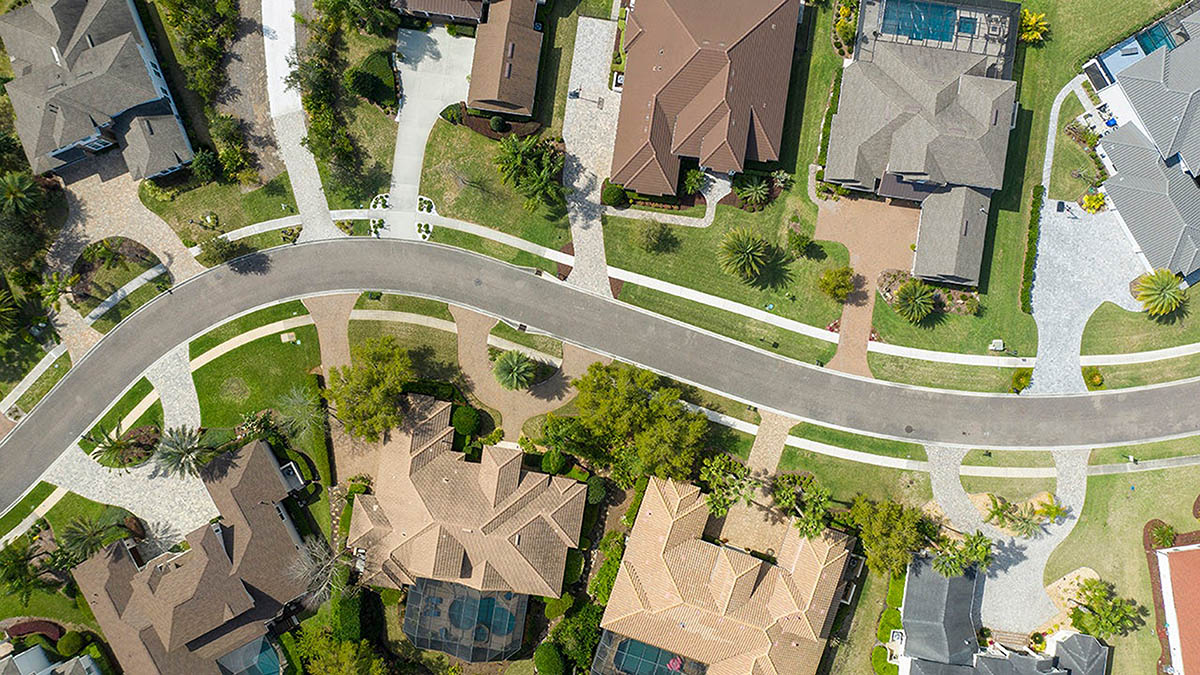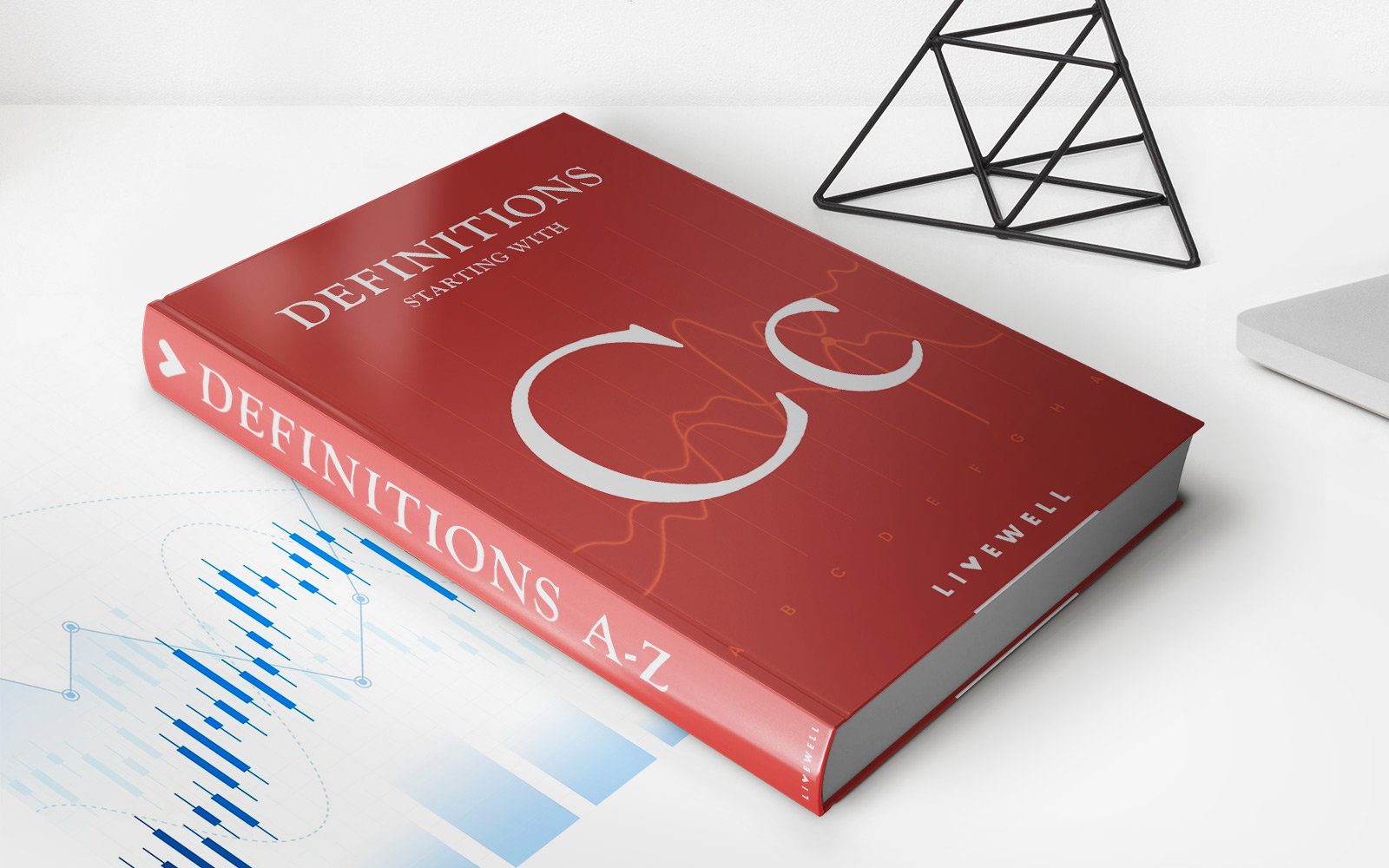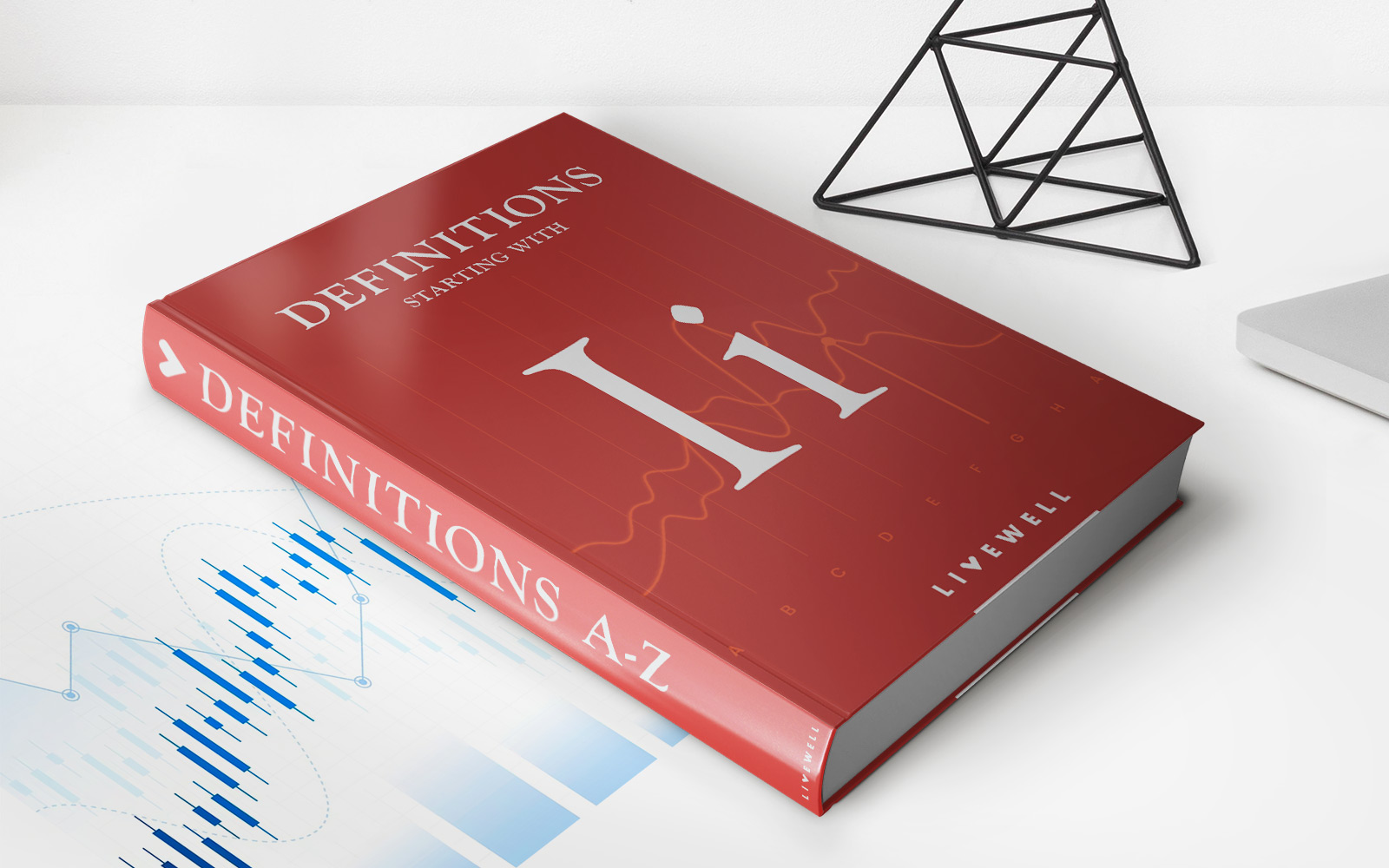

Finance
How Much Is Homeowners Insurance In Tennessee
Published: November 13, 2023
Discover the cost of homeowners insurance in Tennessee and manage your finances effectively. Get a quote today and protect your home!
(Many of the links in this article redirect to a specific reviewed product. Your purchase of these products through affiliate links helps to generate commission for LiveWell, at no extra cost. Learn more)
Table of Contents
- Introduction
- Factors Affecting Homeowners Insurance Rates in Tennessee
- Average Homeowners Insurance Rates in Tennessee
- Tips for Getting the Best Homeowners Insurance Rates in Tennessee
- Understanding Homeowners Insurance Coverage in Tennessee
- Commonly Asked Questions about Homeowners Insurance in Tennessee
- Conclusion
Introduction
Welcome to the state of Tennessee, where the sweet sound of country music fills the air and breathtaking landscapes adorn the horizon. If you’re a homeowner in the Volunteer State, it’s important to protect your investment with the right homeowners insurance policy.
Homeowners insurance offers financial protection against unexpected events that can damage or destroy your home, such as fire, storms, vandalism, or theft. It also provides liability coverage in case someone gets injured on your property and you’re held responsible.
However, finding the right homeowners insurance in Tennessee can be a daunting task. With so many insurance companies and policies to choose from, it’s important to understand the factors that affect insurance rates, the average costs in the state, and how you can get the best rates for your coverage needs.
In this article, we’ll delve into the world of homeowners insurance in Tennessee, providing valuable insights and tips to help you navigate the insurance landscape with confidence. Whether you’re a first-time homebuyer or a seasoned homeowner looking to optimize your coverage, this guide will provide the information you need to make informed decisions.
From the rolling hills of the Smoky Mountains to the vibrant cities of Nashville and Memphis, Tennessee offers a diverse range of living environments. Each location comes with its own unique set of risks that insurance companies take into account when determining homeowners insurance rates. Let’s explore these factors in more detail.
Factors Affecting Homeowners Insurance Rates in Tennessee
When it comes to determining homeowners insurance rates in Tennessee, several factors come into play. Insurance companies consider these factors to assess the risk associated with insuring your home and setting the premium amount. Understanding these factors can help you better navigate the insurance landscape and find the most cost-effective coverage for your needs.
Location: The location of your home is a significant factor that impacts insurance rates. Areas prone to natural disasters like tornadoes, earthquakes, or floods may have higher rates due to the increased risk of property damage. Similarly, if your home is located in an urban area with higher crime rates, the likelihood of burglaries or vandalism may lead to higher premiums.
Home Characteristics: The characteristics of your home, such as its age, size, construction materials, and overall condition, can affect insurance rates. Older homes may have outdated electrical or plumbing systems, increasing the risk of fire or water damage. Homes made of flammable materials like wood may also have higher premiums. Additionally, features like swimming pools or trampolines may lead to increased liability risks.
Claim History: Your past claim history can impact insurance rates. If you have a history of frequent claims or high-value claims, insurance companies may consider you a higher risk and charge higher premiums.
Credit Score: In many states, including Tennessee, insurance companies may consider your credit score when determining your homeowners insurance rates. Studies have shown that individuals with better credit scores tend to file fewer claims, leading to lower risk and lower premiums.
Deductible: The deductible is the amount you’ll pay out of pocket before your insurance coverage kicks in. Choosing a higher deductible can lower your premium but be prepared to pay more if you need to make a claim.
Security Features: Installing security features such as burglar alarms, smoke detectors, and deadbolt locks can reduce the risk of theft, fire, and other damages. Insurance companies often provide discounts for homes equipped with these protective measures.
Insurance Company: Not all insurance companies assess risk in the same way or offer the same rates. Shopping around and comparing quotes from different insurers can help you find the best coverage at the most competitive price.
It’s important to note that each insurance company weighs these factors differently, which is why you may receive different quotes when obtaining homeowners insurance quotes. Working with an independent insurance agent can help you navigate the process and find the best rates for your specific circumstances.
Average Homeowners Insurance Rates in Tennessee
When it comes to homeowners insurance rates, Tennessee falls within the national average. The average annual premium for homeowners insurance in Tennessee is around $1,200, but keep in mind that rates can vary depending on several factors, including the location, value of your home, coverage limits, deductible, and more.
The specific location within Tennessee can also impact insurance rates. For example, homeowners in areas prone to severe weather events such as tornadoes or hailstorms may pay higher premiums. Areas with higher crime rates may also see increased insurance costs.
It’s worth noting that these average rates are calculated based on a benchmark property and coverage. Your own premiums may be higher or lower depending on your unique circumstances and the specific coverage options you choose.
Insurance companies in Tennessee offer different policy options to cater to various needs and budgets. It’s essential to shop around and obtain quotes from multiple insurers to compare prices and coverage offerings. Working with an independent insurance agent can simplify the process and help you find the best policy at a competitive rate.
When comparing insurance quotes, it’s important to consider both the cost and the coverage provided. A lower premium may seem attractive, but if it comes with significantly lower coverage limits or fewer benefits, it may not adequately protect your home and belongings.
Remember, the goal is to find a balance between affordability and comprehensive coverage. Prioritize policies that offer the protection you need, including dwelling coverage, personal property coverage, liability coverage, and additional living expenses coverage in case your home becomes uninhabitable due to a covered loss.
Keep in mind that homeowners insurance rates can change over time. Factors such as changes in your home’s value, improvements in security measures, or even credit score improvement can potentially lead to lower rates.
By staying informed on the average rates, understanding the factors that influence premiums, and regularly reviewing your policy, you can ensure that you’re getting the best homeowners insurance coverage for your Tennessee home.
Tips for Getting the Best Homeowners Insurance Rates in Tennessee
When it comes to homeowners insurance, finding the best rates in Tennessee is not just about getting the cheapest policy. It’s about finding the right coverage at a competitive price. Here are some tips to help you secure the best homeowners insurance rates:
- Shop around: Don’t settle for the first insurance policy you find. Get quotes from multiple insurers and compare coverage options and rates. Working with an independent insurance agent can save you time by gathering quotes on your behalf and helping you find the best deal.
- Bundle policies: Consider bundling your homeowners insurance with other insurance policies, such as auto insurance. Many insurers offer multi-policy discounts, which can lead to significant savings.
- Improve security: Invest in security features for your home, such as burglar alarms, smoke detectors, and deadbolt locks. Insurance companies often offer discounts for homes with these protective measures in place.
- Consider a higher deductible: Choosing a higher deductible can lower your premium. However, make sure you have enough savings set aside to cover the deductible in case you need to make a claim.
- Maintain good credit: Your credit score can impact your homeowners insurance rates in Tennessee. Pay your bills on time, keep your credit utilization low, and regularly check your credit report for errors.
- Review your coverage limits: Regularly reassess your coverage needs to ensure you’re not overpaying for coverage you don’t need. On the flip side, make sure you have enough coverage to protect your home and belongings adequately.
- Consider the age and condition of your home: Older homes may have outdated electrical or plumbing systems, which may increase insurance rates. Consider making improvements to your home to lower the risk of accidents or damage.
- Ask about available discounts: Inquire about any discounts you may be eligible for. Insurers may offer discounts for things like being a non-smoker, being claim-free for a certain number of years, or being part of a certain professional organization.
Remember to review your policy annually and reassess your insurance needs. Your rates may change due to factors such as improvements to your credit score, changes in the value of your home, or even discounts that become available over time.
By applying these tips, you can increase your chances of securing the best homeowners insurance rates in Tennessee while ensuring your home and belongings are adequately protected.
Understanding Homeowners Insurance Coverage in Tennessee
Homeowners insurance provides financial protection for your home and belongings in the event of covered perils, as well as liability coverage for accidents that may occur on your property. Understanding the different components of homeowners insurance coverage can help you ensure you have the right protection in Tennessee.
Dwelling Coverage: This component of homeowners insurance protects the physical structure of your home. It typically includes coverage for damages caused by perils such as fire, lightning, wind, or hail. It’s important to review your policy to understand the specific perils covered and any exclusions.
Personal Property Coverage: Personal property coverage provides protection for your belongings, such as furniture, electronics, and clothing, in the event of covered perils like theft, vandalism, or fire. It’s essential to document your personal belongings and their value to ensure you have adequate coverage.
Liability Coverage: Liability coverage protects you if someone gets injured on your property and you’re found legally responsible. It can help cover medical expenses, legal fees, and damages awarded in a lawsuit. It’s crucial to have sufficient liability coverage to protect your assets in case of an accident or injury.
Additional Living Expenses Coverage: If your home becomes uninhabitable due to a covered loss, additional living expenses coverage can help cover the cost of temporary accommodations, food, and other expenses incurred while your home is being repaired or rebuilt. This coverage can give you peace of mind during a challenging time.
Other Structures Coverage: This component of homeowners insurance covers structures on your property that are not attached to your main dwelling, such as detached garages, sheds, or fences. It’s typically a percentage of your dwelling coverage limit.
Medical Payments Coverage: Medical payments coverage, often referred to as “med pay,” provides coverage for medical expenses if a guest is injured on your property, regardless of who is at fault. It can help cover immediate medical costs without the need for a lawsuit.
Flood Insurance: Flood damage is not covered by standard homeowners insurance policies. If you live in an area prone to flooding, it’s important to consider purchasing a separate flood insurance policy through the National Flood Insurance Program (NFIP) or a private insurer.
Earthquake Insurance: Similar to flood insurance, earthquake damage is typically not covered by standard homeowners insurance. If you live in an earthquake-prone area, you may need to purchase a separate earthquake insurance policy to ensure you’re adequately protected.
It’s important to review your specific policy to understand the coverage limits, deductibles, and exclusions. Additionally, consider any additional endorsements or riders that may be available, such as coverage for valuable items like jewelry or art, to customize your insurance policy to your needs.
Consulting with an independent insurance agent who specializes in homeowners insurance can help you navigate the complexities of policy coverage and ensure you have the right protection for your Tennessee home.
Commonly Asked Questions about Homeowners Insurance in Tennessee
When it comes to homeowners insurance, it’s common to have questions about coverage, costs, and the insurance process. Here are answers to some frequently asked questions about homeowners insurance in Tennessee:
- Is homeowners insurance required in Tennessee?
- Can I save money by raising my deductible?
- What perils are typically covered by homeowners insurance in Tennessee?
- Does homeowners insurance cover flood damage in Tennessee?
- How can I save money on homeowners insurance in Tennessee?
- What should I do if I need to file a claim?
- Can I choose my own repair contractor?
While homeowners insurance is not legally required by the state of Tennessee, it is often a requirement if you have a mortgage. Lenders typically require borrowers to maintain homeowners insurance as a way to protect their investment.
Yes, opting for a higher deductible can lower your premiums. However, make sure you have enough savings set aside to cover the deductible should you need to file a claim.
Standard homeowners insurance policies typically cover perils such as fire, lightning, windstorm, hail, theft, vandalism, and certain types of water damage. However, it’s important to review your specific policy to understand the perils covered and any exclusions.
No, flood damage is not typically covered by standard homeowners insurance policies. If you live in a flood-prone area, you may need to purchase a separate flood insurance policy from the National Flood Insurance Program (NFIP) or a private insurer.
There are several ways to potentially save money on homeowners insurance in Tennessee. Some common strategies include shopping around for multiple quotes, bundling your homeowners insurance with other policies, improving home security with features like burglar alarms, and maintaining a good credit score.
If you need to file a claim, contact your insurance company as soon as possible to start the process. Document the damage or loss with photos or videos, and provide any necessary supporting documentation. Keep copies of all communication and follow the instructions provided by your insurance company.
In most cases, you have the flexibility to choose your own repair contractor. However, it’s important to review your insurance policy and understand any requirements or limitations related to choosing contractors.
It’s recommended to consult with an independent insurance agent who can address your specific questions and help you find the right homeowners insurance policy for your needs in Tennessee.
Conclusion
Protecting your home with the right homeowners insurance is essential, no matter where you live in Tennessee. By understanding the factors that affect insurance rates, exploring average costs, and taking advantage of money-saving tips, you can secure the best coverage at a competitive price.
Remember that homeowners insurance is not a one-size-fits-all solution. It’s crucial to assess your specific needs, whether it’s the location of your home, the value of your belongings, or your liability coverage requirements.
Take the time to shop around and compare quotes from different insurance companies. Consider bundling policies, improving home security, and maintaining a good credit score to potentially lower your premiums. Also, regularly review your policy and reassess your coverage needs to ensure that you have the appropriate protection.
Consulting with an independent insurance agent who specializes in homeowners insurance can provide valuable guidance and help you navigate the complexities of coverage options and policy terms. They can assist you in finding the best homeowners insurance policy tailored to your specific circumstances.
Remember, homeowners insurance is not just about meeting mandatory requirements or checking off boxes – it’s about protecting your home, your belongings, and your financial security. By taking the time to understand your coverage and making informed decisions, you can have peace of mind knowing that you’re prepared for any unexpected events that may come your way.


